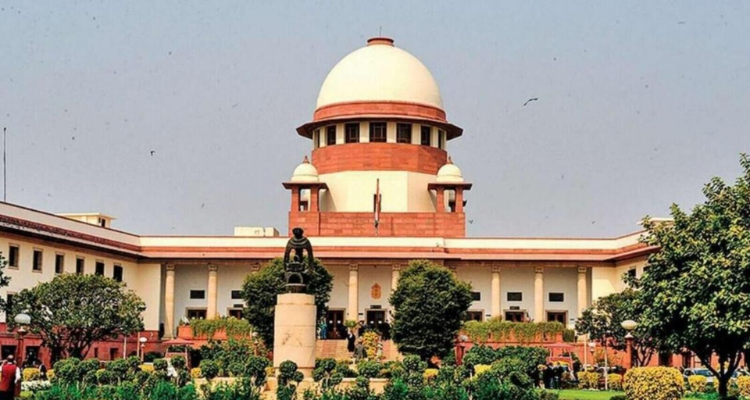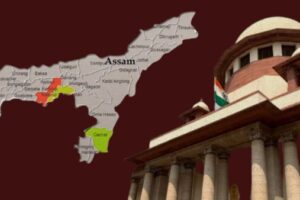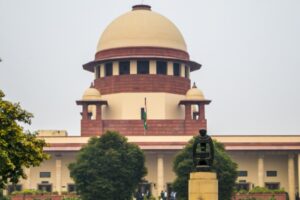
The Supreme Court, in a landmark judgment, affirmed that savings accrued from interest-free loans extended by employers are subject to taxation. This ruling solidifies the legitimacy of Section 17(2)(viii) of the Income Tax Act and 3(7)(i) of the I-T Rules.
Facts of the Case
The All India Bank Officers’ Confederation, along with various staff unions and officers’ associations of several banks, had filed a batch of appeals before the honorable court and were challenging the validity of the provisions of the Income Tax Act and the I-T Rules, which levied tax on the money saved by bank employees through interest-free loans, which the banks advanced them.
Under the rule, if a bank employee obtains a zero-interest or concessional loan, the annual savings they accrue in comparison to the amount paid by an ordinary individual acquiring a loan of the same amount from the State Bank of India, subject to market interest rates, will be subject to income tax.
The petitioners contested the provisions on grounds of arbitrariness and violation of Article 14 of the Constitution. They argued that using the prime lending rate of SBI as the benchmark instead of the actual interest rate charged by the bank to a customer on a loan was unfair and lacked precision.
Court’s Ruling
The court dismissed the petition and held that the benefit enjoyed by bank employees from interest-free loans or loans at a concessional rate is a unique benefit and distinct advantage enjoyed by them. It is in the nature of a ‘perquisite’, and therefore it is liable to taxation. The bench of Justices Sanjiv Khanna and Dipankar Datta further observed that the establishment of SBI’s rate of interest as the benchmark is not arbitrary or discriminatory. However, the bench emphasized that the rule-making authority did not equate unequal entities but rather established a standard that applied uniformly to all. By employing SBI’s prime lending rate as the benchmark, the authority aimed to maintain fairness and consistency in taxation practices, ensuring that all individuals were subject to the same standard irrespective of their affiliations or circumstances.
Therefore, through this judgment, the court upheld the validity of Section 17(2)(viii) of the Income Tax Act and 3(7)(i) of the I-T Rules.





